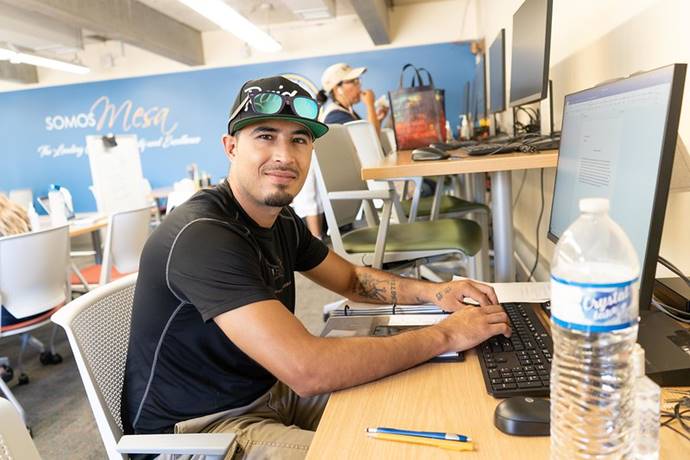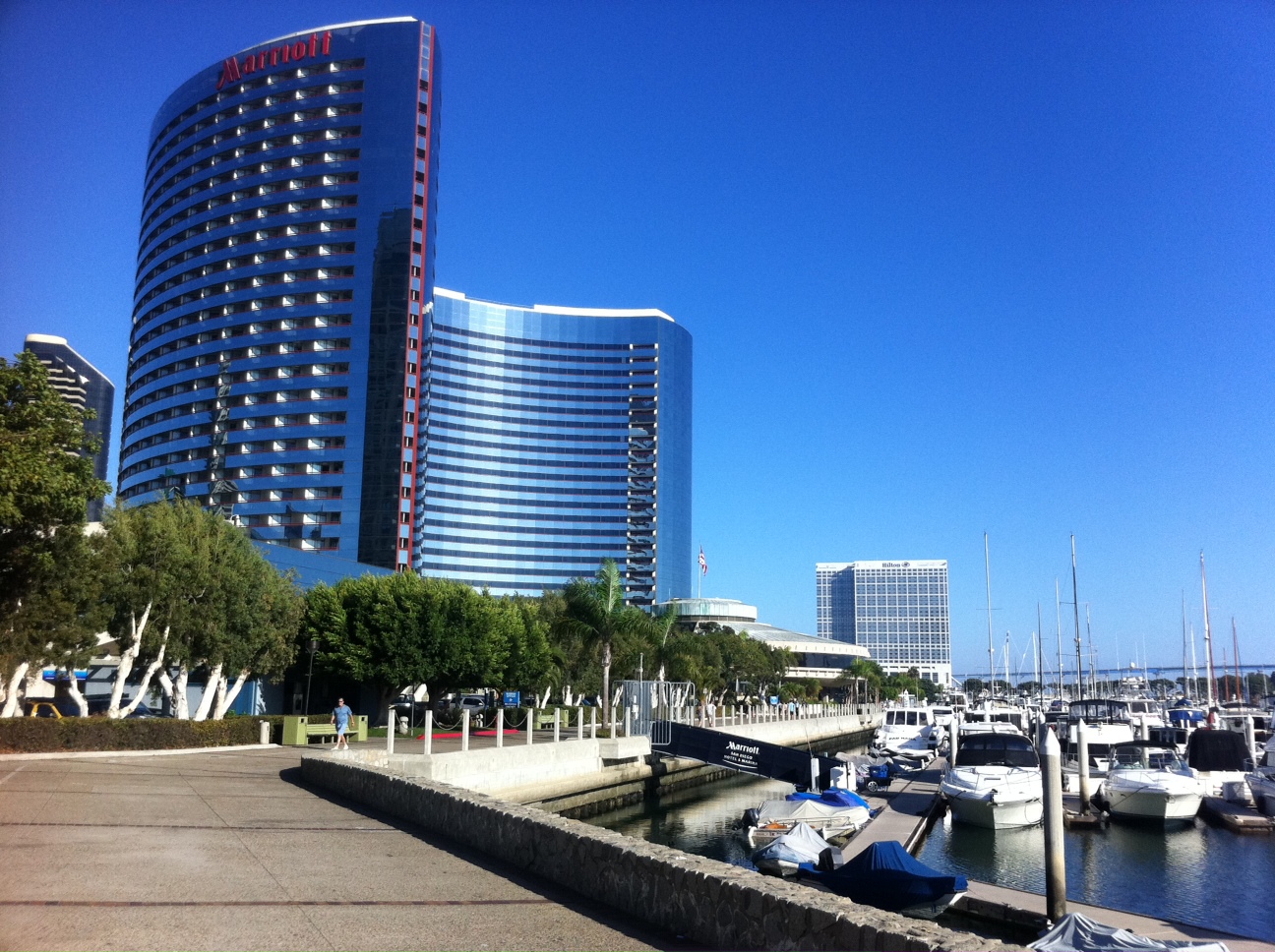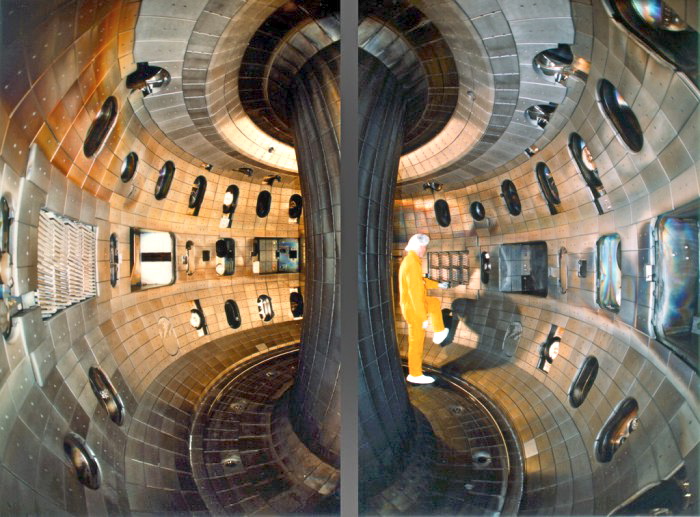Daily Business Report: Friday, Oct. 1, 2021
Port of San Diego welcomes cruise
passengers back to San Diego
The cruise industry is back in San Diego. Today, the Disney Wonder and Grand Princess will be the first sailings out of San Diego since spring 2020.
The Disney Wonder is setting sail for a four-day cruise beginning in San Diego to Cabo San Lucas and back. The Grand Princess sailing will began in Los Angeles on Sept. 30 and will stop in San Diego today on its way to Ensenada and back to Los Angeles.
The Port currently anticipates more than 100 cruise calls through May 2022. Those calls will primarily be from Holland America Line, Princess Cruises, Celebrity Cruises, and Disney Cruise Line.
The port’s cruise sector has a significant economic impact on the San Diego region:
• Each homeported cruise, which means its voyage begins and ends in San Diego, has an economic impact of $2 million.
• A single in-transit call (one stop on the cruise itinerary) generates a total impact to the region of nearly $600,000.
TOP PHOTO: Cruise ship terminal in San Diego
New initiative of the American Academy of Arts
& Sciences will help drive bold climate solutions
David G. Victor of the University of California San Diego will bring his years of leadership experience to a new initiative from The American Academy of Arts & Sciences — the Commission on Accelerating Climate Action.
The commission is a nonpartisan, multidisciplinary, multiyear project that will focus on identifying barriers to climate action and recommending how the United States can accelerate climate mitigation and adaptation for all Americans.
Victor is the co-director of the Deep Decarbonization Initiative and professor of Innovation and Public Policy at the School of Global Policy and Strategy at the University of UC San Diego.
He will serve as one of the commission’s four co-chairs.

San Diego City and Mesa colleges receive
$10 million grant for Hispanic STEM education
San Diego City and Mesa colleges are among the 33 California Hispanic-Serving Institutions (HSI) who have received a $5 million grant from the U.S. Department of Education to increase equity among Hispanic and Latinx students pursuing Science, Technology, Engineering, and Math (STEM) degrees. The state funding announced by Sen. Alex Padilla on Sept. 17, 2021 is a five-year grant, each college will receive $1 million a year for five years.
Both San Diego Community College District (SDCCD) colleges were ranked Top 100 Colleges and Universities in the nation for Hispanics in Hispanic Outlook in Education Magazine’s annual listing in 2020—City College ranks No. 44 — Mesa College is No. 48.
The Habit Burger Grill opens new restaurant in Poway
The Habit Burger Grill, the California-based restaurant company that makes burgers grilled over an open flame (Charburgers), has opened a new location at 13505 Poway Road in Poway. The fast-casual restaurant will serve up its “Habit Hospitality” on Oct. 6.
In honor of the grand opening, The Habit Burger Grill is hosting an exclusive pre-opening VIP event for The Habit’s CharClub members. Guests can receive an invite by signing up for the CharClub at www.habitburger.com/poway.
The first 200 guests at 11:30 a.m. and 5 p.m. will receive a free freshly-made Charburger, Fries and Drink. Must be a CharClub member and present VIP invitation. (Safely serving our guests is our top priority, proper safety measures will be in place.)
On Free Charburger Day Oc. 2, the first 200 guests at 11:30 a.m. and 5 p.m. will receive a free Charburger, fries and a drink.
Illumina expands its presence in Latin America
San Diego-based Illumina Inc. announced the creation of Illumina Colombia S.A.S. and Illumina México Productos de Biotecnología, marking its commitment to expand genomics in Latin America and increase the level of support for local customers and partners.
“Colombia is the second largest country by population in South America and México is one of Illumina’s largest market for genomics in Latin America,” said Nicole Berry, general manager for the Americas at Illumina. “We have been investing in and growing and expanding our business in Latin America over the past few years. The time is right for us to increase our presence further in Colombia and México through the establishment of these local Illumina legal entities.”
SDSU launches new mass emergency notification system
San Diego State University has transitioned to a new, mass emergency notification system, AppArmor, as part of its ongoing efforts to improve emergency preparedness and response.
Used by higher education institutions and both local and state and emergency response groups across the U.S., AppArmor is designed to enhance SDSU’s ability to quickly communicate with students, faculty, staff and system subscribers in the event of an emergency on or near campus.
“We prioritize safety and readiness on our campus, and the new emergency notification system enhances our existing safety and response tools,” said Chief of Police Josh Mays. “With this new system, our university is expanding its ability to provide quick and effective communications at times when we may have only minutes or seconds to respond in a situation.”
The AppArmor system launches at SDSU today. In preparation, SDSU scheduled non-emergency email, text and telephone messages through the system on Thursday.
Republic Services opens California’s first
fully solar-powered compost facility
Republic Services Inc. announced the opening of California’s first fully solar-powered compost facility, which will recycle food and yard waste from the San Diego region. Republic’s new Otay Compost Facility in Chula Vista will help communities meet the requirements of a new state law mandating diversion of organic waste from landfills, while operating completely off the grid.
State law SB 1383 takes effect Jan. 1, 2022, and will require the majority of homes and businesses in California to recycle their food and yard waste. Recycling organic waste into compost creates a nutrient-rich soil amendment, which helps preserve natural resources and reduce water consumption. The law also requires cities to purchase and use organics-based products like compost, helping ensure this material is returned to the community through the circular economy.
California endures a sluggish economic recovery
California’s economy will recover more slowly than expected due to the unpredictability of the delta variant, according to a quarterly report released by the UCLA Anderson School of Management.
Despite having by far the nation’s lowest coronavirus positivity rate, California’s unemployment rate has essentially remained stagnant for months and in August was the second-highest in the country at 7.5 percent. The UCLA economists predict the Golden State’s unemployment rate will average 7.6 percent this year before improving to 5.6 percent in 2022 and 4.4 percent in 2023 — still above its pre-pandemic level of 4.2 percent.
That’s a slower pace of improvement than forecasted for the national economy, in part because of California’s reliance on the hard-hit tourism, leisure and hospitality industries.
— CalMatters
New transit fare system goes into effect today
Starting today, transit riders will have a new way to pay for transit as the San Diego Metropolitan Transit System (MTS) and North County Transit District (NCTD) officially roll out the new PRONTO fare collection system.
The month-long Ride Free with PRONTO September promotion offered to help riders transition to the new system ended Sept. 30. After that, riders will need to add money to their PRONTO card or app to ride public transit. The transit agencies distributed more than 120,000 PRONTO cards and 100,000 app downloads for free between August and September to prepare riders for the transition.
“Riders will get to use all features that will make riding easier and more accessible with PRONTO, such as fare capping, instant account reloads, and free transfers for up to two hours on one-way fares,” said Nathan Fletcher, MTS board chair and chair of the Board of Supervisors.
Fares will remain the same cost as before. There will be no extra costs for riding with PRONTO.
Salk plant researchers launch collaboration
to breed carbon-capturing sorghum
Researchers at the Salk Institute’s Harnessing Plants Initiative (HPI) have established a five-year, $6.2 million collaboration with the Donald Danforth Plant Science Center to identify and develop sorghum plants that can better capture and store atmospheric carbon, led by Salk Research Professor Todd Michael and Danforth Senior Research Scientist Nadia Shakoor.
Sorghum, one of the top five cereal crops in the world, already has a variety of uses—as a gluten-free grain for humans, livestock feed, biofuel and sweet sorghum syrup, for instance. Farmers in the U.S. planted nearly seven million acres of sorghum in 2021. It’s also known as an environmentally friendly, drought-resistant plant, making it an ideal crop to optimize for carbon capture.
Shakoor, an expert in sorghum genetics, has developed high-tech sensors to monitor plants’ environments and growth in real-time.
Water Authority’s ratepayer protection case
secures additional $36 million recovery
The board of directors of the Metropolitan Water District of Southern California has voted to pay damages and interest for illegal water charges from 2015-2017, totaling about $36 million. The vote followed a California Court of Appeal decision upholding earlier rulings in favor of San Diego County Water Authority.
This payment will bring the Water Authority’s cash recovery on behalf of San Diego County water agencies and ratepayers to more than $80 million. An additional award of attorneys’ fees to the Water Authority, still on appeal, is expected to bring the cash recovery to almost $94 million for rates and charges set by the Los Angeles-based wholesaler over an 8-year period from 2010-2017.




